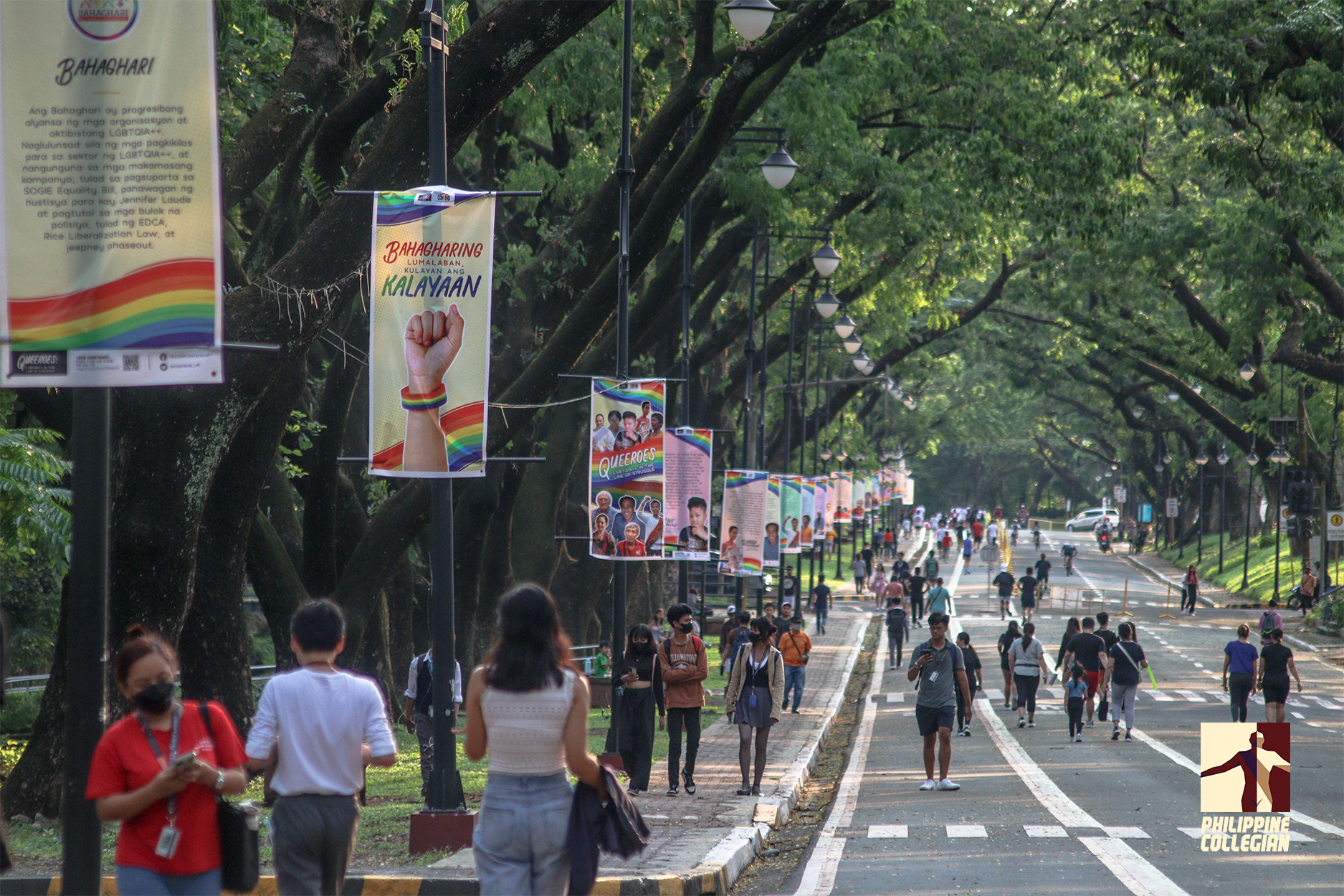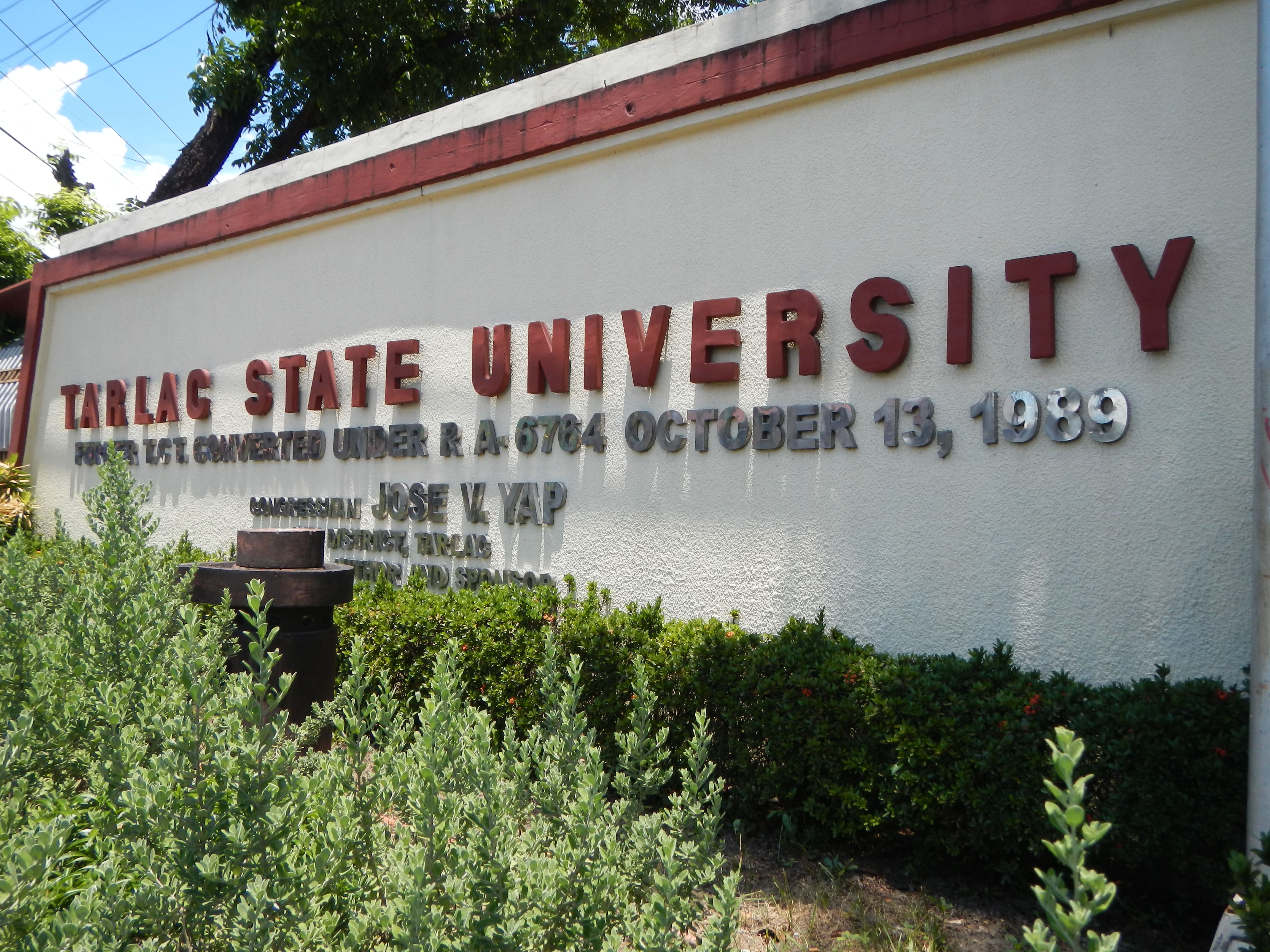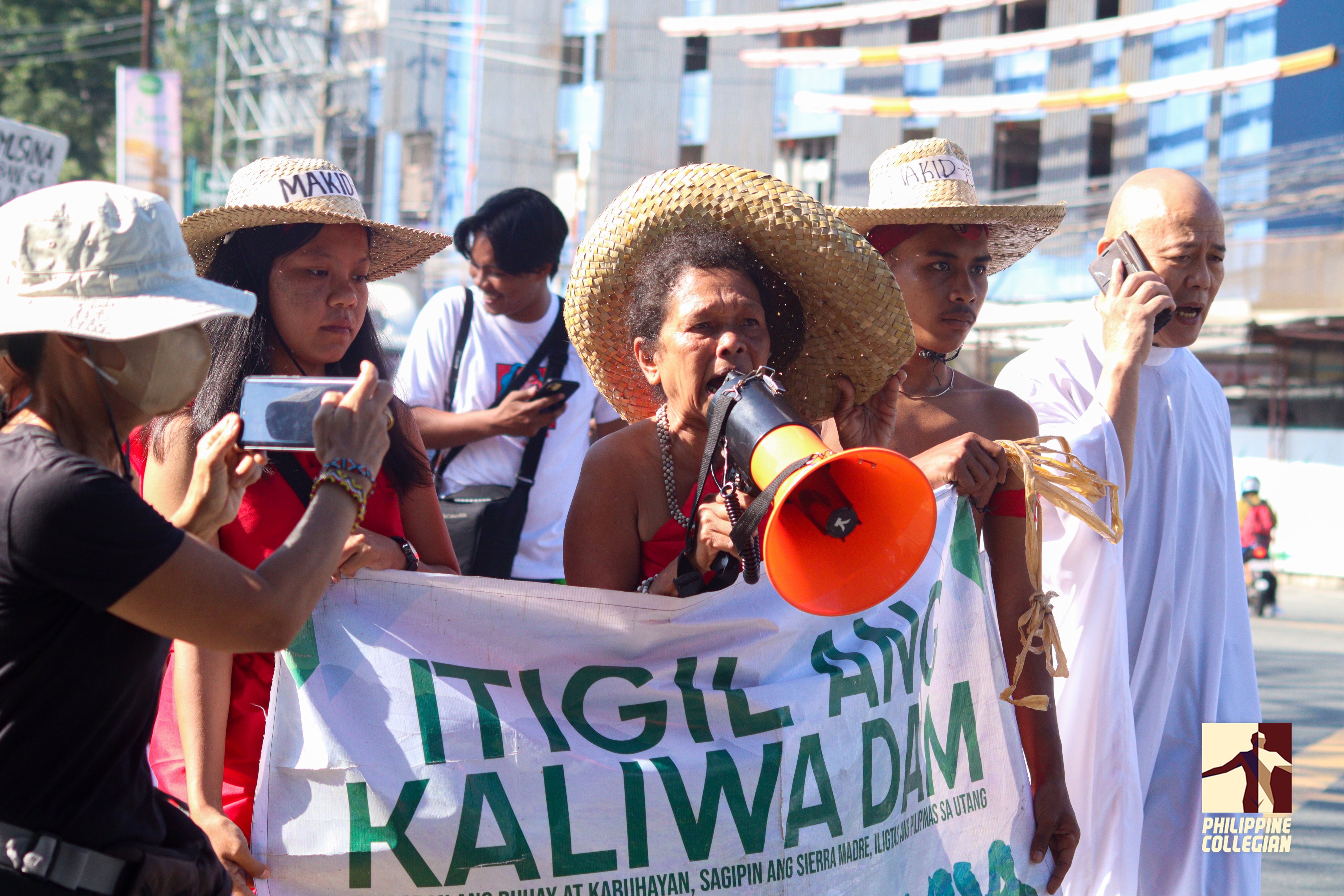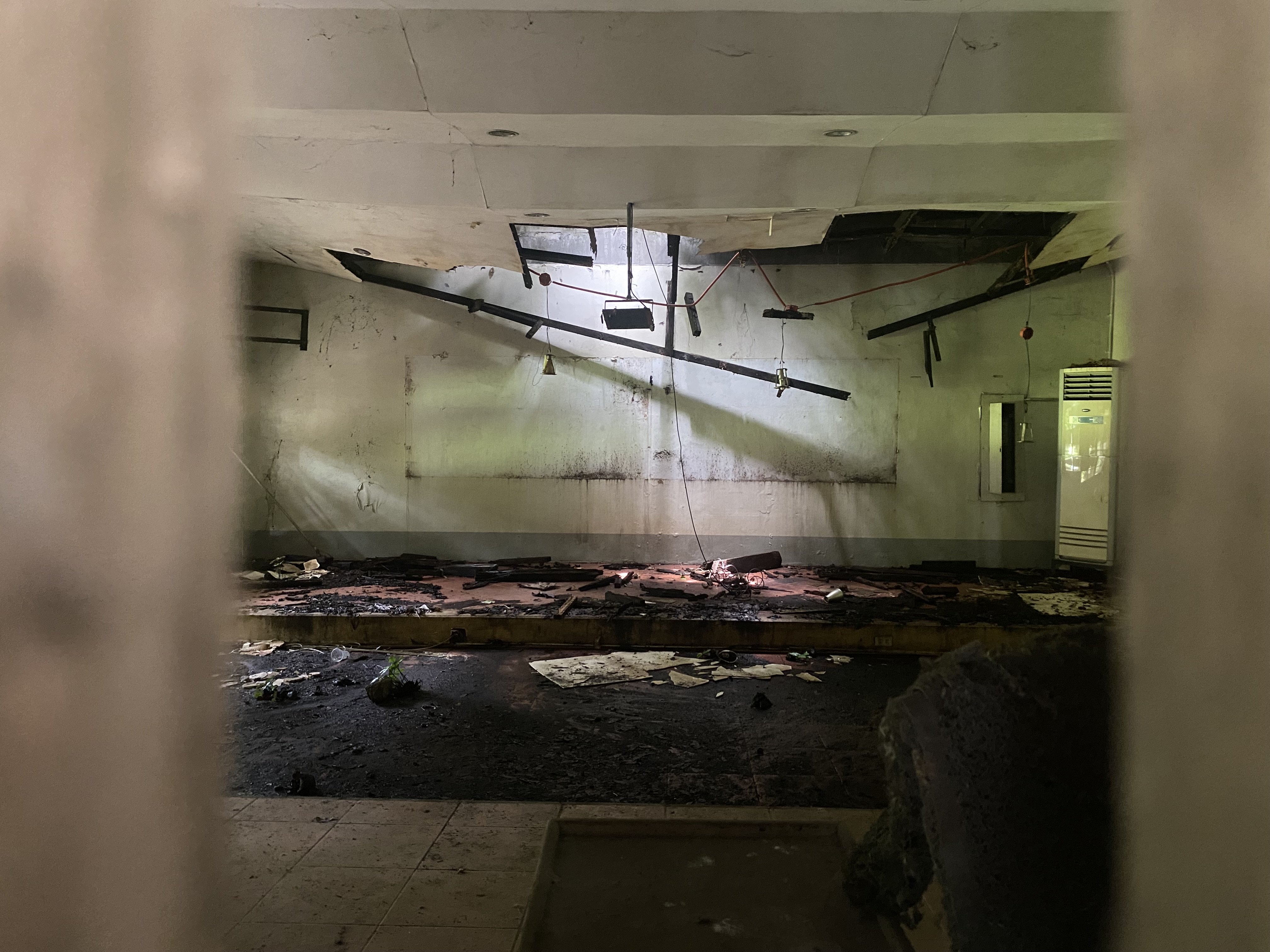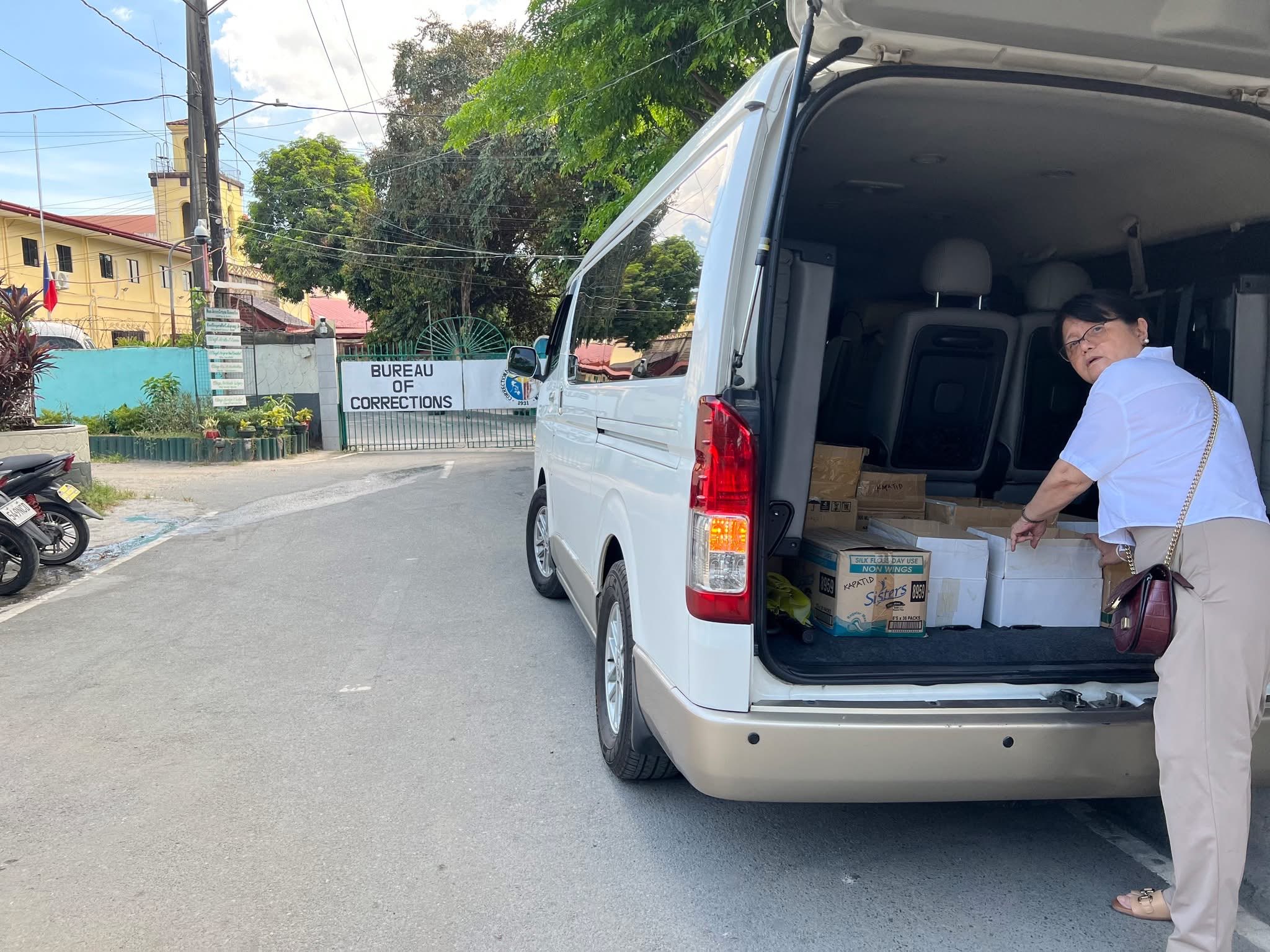The Commission on Audit (COA) has flagged the UP System for failing to utilize its budget and implement projects on time, and for a snail-paced release of urgent salaries and benefits for its frontline workers who worked at the height of the COVID-19 pandemic.
In the 2021 annual audit report of the university released Monday, state auditors noted that “lapses were noted in [the] utilization of [UP’s] funds” which caused over P10 million unspent from its 2021 approved revenue budget, and another P61 million totally unspent, most of which came from other agencies and were allocated to fund COVID-19-related research projects.
COA also observed the university’s failure to properly disburse its COVID-19 response funds, causing workers’ benefits, including salary, special risk allowance, and hazard pay, to be delayed up to six months, much to the “detriment of the frontliners who need to be compensated on time.”
This is UP’s first publicly available audit report since 2018. A spokesperson for COA last year told the Collegian that the audit reports for 2019 and 2020 remain unavailable as there “are pending accounting treatment issues” that have yet to be resolved. “We're awaiting its settlement and need expert opinions. COA is adhering to international standards of audit,” COA added.
‘Lapses in Budget Utilization’
In 2021, UP was only able to use 56 percent of its revolving fund, or the money it gets from earnings and business ventures. This, COA noted, “prevented the timely and efficient implementation of the major programs” of the university.
Programs slated for UP’s undergraduate programs were the biggest casualty of the slow budget use. Of the P6 million allocated, the university was only able to use P55,089.59 as of year-end 2021. Similarly, another P4 million was unused which was initially set aside for UP’s general administration and support.
A significant chunk of the UP’s COVID-19 endowments were likewise unspent. Worse, COA noted that in at least three COVID-19 projects, UP was not able to use the allocated funding at all. These programs, costing P53.6 million in total, were the procurement of equipment for COVID-19 biomolecular surveillance and other testing-related supplies, and the genomic and clinical characterization of the COVID-19 P.3 variant.
“We would like to stress out that these research grants aimed to provide data and information if not innovative solutions that may aid the government [in] its fight against the virus, thus, it is of utmost importance to complete the research projects on time and deliver the expected outputs,” the state auditors wrote.
While the unused funds were not asked to be returned to the national government–them being UP’s own earnings–COA, nonetheless, told UP officials to prioritize research projects related to COVID-19 and regularly monitor projects so funds are spent on time.
‘Deficiencies in Disbursements’
The university's bungled handling of COVID-19 funds did not only affect its pandemic research and programs, but also its employees who were asked to work even at the height of the pandemic.
In five instances, totalling over P5 million, state auditors observed that the salaries of workers under the Philippine Genome Center (PGC) were delayed by up to three months “to the detriment of employees who badly needed their hard-earned money especially in this time of pandemic.” The report concluded that the delays were due to the processing of the salaries and not to lack of funding.
The PGC workers, who are in charge of COVID-19 testing and biosurveillance, likewise experienced delays in the receipt of their monthly special risk allowance (P3,000) and hazard pay (P5,000). Here, the delay reached nine months, affecting benefits worth over P600,000.
COA noted that the delays in the payment of the said benefits go against the rules set by the Department of Health (DOH). Delays in the compensation of health care workers, however, are not new. Last year, the DOH came under fire for its failure to quickly release the workers’ benefits before its funding lapsed.
“The health workers … risk their lives while others remain sheltered in the comfort of home or on work from home arrangement, yet we failed to compensate immediately as possible the hard work of the employees to their detriment and their families as well,” read part of the audit report.
‘Poor Planning and Implementation’
In response to the auditors’ observations, the UP administration said that there have indeed been delays in the procurement process of supplies related to COVID-19 research and programs, but simply told auditors that the Accounting Division will continue to monitor the issue “through monthly reports.”
Meanwhile, UP told auditors that the delays in the compensation of PGC workers were due to the inclusion of certain non-UP contractuals in the processing of the payroll. Thus, UP had to check with the DOH first if agency-hired personnel were eligible for the hazard pay and special risk allowance. (DOH eventually told UP that the affected non-UP contractuals can get the benefits.)
But despite UP’s slow spending, it is once again proposing an ambitious budget for 2023. UP is asking P44.1 billion from the national government, in which P14.8 billion would fund construction programs, per the university’s 2023 budget proposal.
COA, however, noted that UP also fails in finishing construction projects on time. In UP Diliman, only 15.54 percent of the construction projects lined up in 2021 were completed on time, while the rest were either suspended, extended, pending turnover, or ongoing. That means that only P183 million were fully used out of the nearly P1.2-billion infrastructure budget.
“These deficiencies constitute non-compliance with the pertinent provisions of the [Government Procurement Reform Act] and an indication of poor planning and implementation that have caused delay in the provision of facilities and waste of public funds,” state auditors wrote. ●


